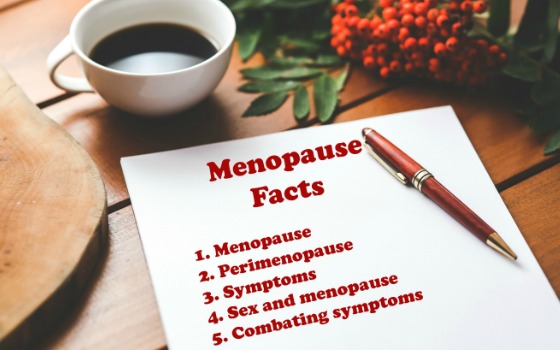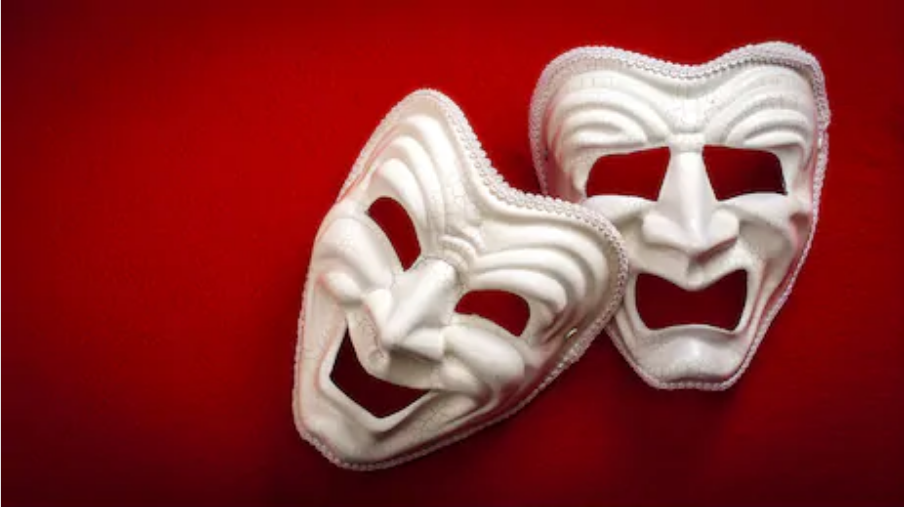This afternoon I found myself pondering a horrific episode of violence. The brutality that occurred was not unlike many others where the media is the conduit that allows us, the viewing public, to be made aware of these acts of degredation. I, like hundreds of thousands others, watched the video in stunned horror. In the confines of an elevator, it took one swing of a fist attached to a muscular arm and an angry heart to lash out at a woman who was no match for the man she loved.
“Our greatest glory is not in never falling, but in rising every time we fall.” ~Confucius
She went down quickly—fallen, but not by her own accord. As her head struck the smooth metal bar, devoid of sound to observers on the other side of the camera’s eye, one can only imagine the tangle of thoughts that fought for dominance in her head. “You just hit me! I can’t believe you hit me!” Perhaps these words flew from her mouth . . . eventually. Her state of being was halted, suspended in unconsciousness, as her attacker, the man who claimed to love her, dragged her limp body across the floor and left her there, in between the gaping hole of the elevator doors and the foot-trampled floor.
Love is a damn powerful emotion. It was strong enough to compel the woman to marry that same man a month after he knocked her out.
I have no stake in their affairs of the heart, nor am I privy to what occurs behind closed doors—except, perhaps, maybe the secrets that used to lie within a set of hotel elevator doors but are now made public. I do, however, wish that this woman—battered in private and humiliated in public—could have separated herself from the sentiment of love long enough to peek into the future, her future, and fear for her well-being.
Perhaps what the world saw from this man was a reaction and not a response; yes, there is a difference between the two. It matters little, though; his level of force established his dominance. And in doing so, the woman that he loved lay waste at his feet. Knocked out with a punch.
I know not of her strength, her personal battles, her triumphs and failures or what motivates her in the decisions she makes. I only wish she could have been stronger. Not in the physical sense, but in the empowered sense. Strong enough to say, “I will not allow you to knock me out and get away with a slap on the wrist.” “I will not be the woman of convenience, the person you take out your anger and frustration on.” “I will not set myself up now for a future that gets progressively worse.”
As she stands beside her husband and weathers this storm, I pray for her well-being.
Abuse is never okay. I dedicate “Every Woman” to every woman … who has had to endure … who is searching for the strength … who loves herself enough to not stand for the abuse.

Every Woman
© 2011 Valerie L.S. Albarda
Long and lithe. Pure silk kissed by the essence of satin. She moves like the finest of liquid chocolate, hips undulating and swaying as if carried along gently by the softest of breezes. She mesmerizes by her presence, unintentionally beguiling yet commanding attention. Steady as she goes, sure on her feet, comfortable in her own skin. Skin of rich dark soil, of creamy milk, of velvety caramel, of lush olive, of burnt henna, of sun-kissed honey.
She is you. She is me. She is every woman.
She is the woman seated next to you as you trudge through your morning commute on the subway. She stands behind you at the grocery store checkout, patiently awaiting her turn with quiet elegance. She is the woman who lives on the third floor in the unit just below yours. You recognize her—but just barely—as she glides past you in the austere and cold lobby. You avoid eye contact but offer a surreptitious nod that speaks volumes about your desire to covet your personal space. “I refuse to speak to you,” the nod says, “but I acknowledge your existence in my world.”
She smiles and her intrinsic beauty radiates outward. She is ordinary and, in the same instant, she is extraordinary. She is the puzzle that every man yearns to solve. Pick up the pieces—of a life shattered by an understanding that has yet to be attained. Put them back together again—the fractured moments in time that make up her past but will not dictate her future. She possesses the strength of one who has been beat down by life but refuses to let it define the woman that she can become.
Perseverance. She owns it. Power. She embodies it. Weakness. She shuns it.
These are the qualities that make her human, make her real, make her authentic. She is stripped of all pretense, free from foolish pride, devoid of self-loathing. Oh contraire, she loves and adores herself. As well she should.
She is you. She is me. She is every woman.




